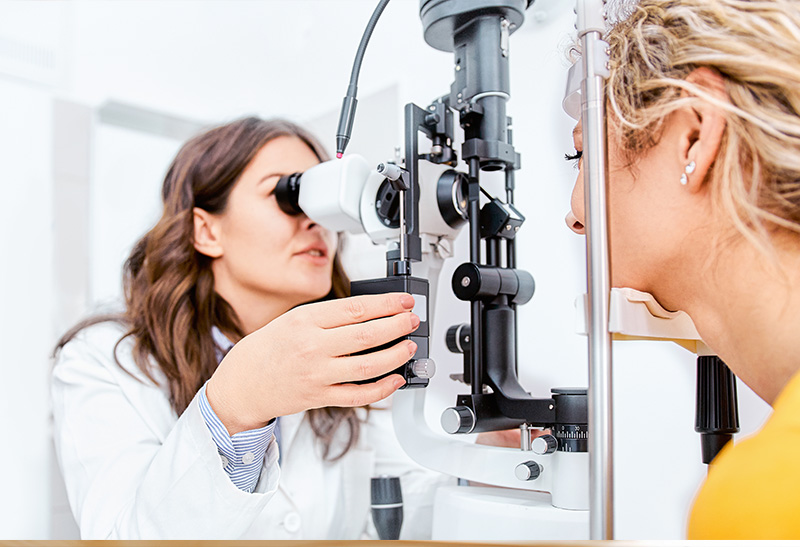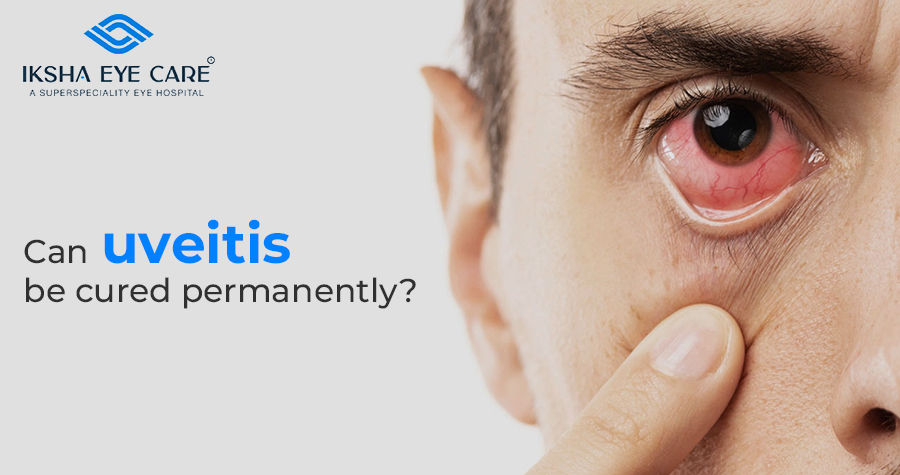All Categories
Featured

While the majority of people comprehend the significance of securing their skin from the sunlight, the hazardous results of ultraviolet (UV) rays on eye health and wellness often go neglected. Whether you're soaking up the sunlight on a summer season day or strolling outdoors on a gloomy mid-day, protecting your eyes from UV rays is necessary.
What Are UV Rays? UV rays are a sort of electromagnetic radiation discharged by the sun. They are classified right into 3 kinds:
UVA Rays: These pass through deep right into the skin and eyes and can add to lasting damage. UVB Rays: These rays are a lot more intense than UVA and are primarily liable for surface-level damages to the eyes and skin. UVC Rays: These are the most hazardous but are primarily soaked up by the Earth's ozone layer and do not usually reach us. UVA and UVB rays are the key offenders behind eye-related damages.
Short-Term Results of UV Exposure on the Eyes. Also short-term direct exposure to intense UV rays can damage your eyes. One usual condition triggered by this is photokeratitis, or "sunburn of the eye." Symptoms of photokeratitis consist of:
Agonizing, red eyes. Sensitivity to light. Tearing or too much watering. Short-term vision loss or blurry vision. Photokeratitis is usually momentary, however it functions as a caution of exactly how destructive UV direct exposure can be, also in little dosages.
Long-Term Results of UV Direct Exposure. Prolonged exposure to UV radiation can cause much more serious and long-term eye problems, such as:
Cataracts: UV rays can increase the formation of cataracts, a problem that triggers clouding of the eye's natural lens, causing fuzzy vision and, if neglected, loss of sight.

Macular Degeneration: UV exposure can harm the retina, especially the macula, boosting the threat of age-related macular deterioration (AMD), which affects central vision.
Pterygium: A growth of tissue on the white component of the eye that can cross the cornea, causing discomfort, soreness, and vision troubles.
Pinguecula: UV direct exposure can cause yellow-colored down payments to develop on the conjunctiva, leading to irritability and dry skin.
Skin Cancer Cells Around the Eyes: The delicate skin surrounding your eyes is highly vulnerable to UV radiation, increasing the threat of skin cancers cells like basal cell cancer and squamous cell cancer.
How to Safeguard Your Eyes from UV Rays. Safeguarding your eyes from UV rays is basic and requires a few conscious behaviors:
Buy Quality Sunglasses: Pick sunglasses that obstruct 100% of UVA and UVB rays. Seek tags that specify "UV 400" protection. Wrap-around styles are optimal as they obstruct UV rays from the sides too.
Wear a Wide-Brimmed Hat: A hat with a brim a minimum of three inches large can substantially lower UV direct exposure to your eyes and face.
Limit Exposure During Top Hours: UV rays are best in between 10 a.m. and 4 p.m. If you need to be outdoors throughout these hours, ensure you're adequately shielded.
Don't Be Deceived by Clouds: UV rays can permeate via clouds, so it is necessary to wear sunglasses also on cloudy days.
Protect Your Eyes Year-Round: Snow, sand, and water can reflect UV rays, intensifying their impacts. Eye security isn't just for warm summertime days-- ensure you're covered in all seasons.
Usage UV-Blocking Call Lenses: Lots of contact lenses currently come with UV protection. If you use get in touches with, ask your optometrist regarding lenses with integrated UV filters for included security.
Motivate Eye Security for Children: Children's eyes are a lot more delicate to UV rays due to the fact that their lenses are clearer, permitting even more radiation to reach the retina. Make sure they wear sunglasses and hats during exterior activities.
Normal Eye Examinations. Routine exams with an eye treatment specialist are vital for early detection of any type of UV-related damages. An eye doctor or ophthalmologist can assess your eyes, recommend protective measures, and detect problems like cataracts or macular degeneration at an early stage.
Verdict. By putting on UV-blocking sunglasses, restricting sun exposure throughout top hours, and remaining consistent with eye exams, you can guarantee your eyes remain healthy and your vision remains clear for years to come. Securing your eyes from UV radiation isn't simply about comfort-- it's a necessary action in maintaining your long-lasting eye wellness.
Latest Posts
The Benefits of Consistent Car Maintenance at Montclare Auto Repair Saves You Money
How Regular Vehicle Maintenance at Montclare Auto Repair Keeps Your Wallet Happy
Find Leading Vehicle Maintenance Services from Montclare Auto Repair – Keep Your Car Running Smoothly
More
Latest Posts
The Benefits of Consistent Car Maintenance at Montclare Auto Repair Saves You Money
How Regular Vehicle Maintenance at Montclare Auto Repair Keeps Your Wallet Happy
Find Leading Vehicle Maintenance Services from Montclare Auto Repair – Keep Your Car Running Smoothly